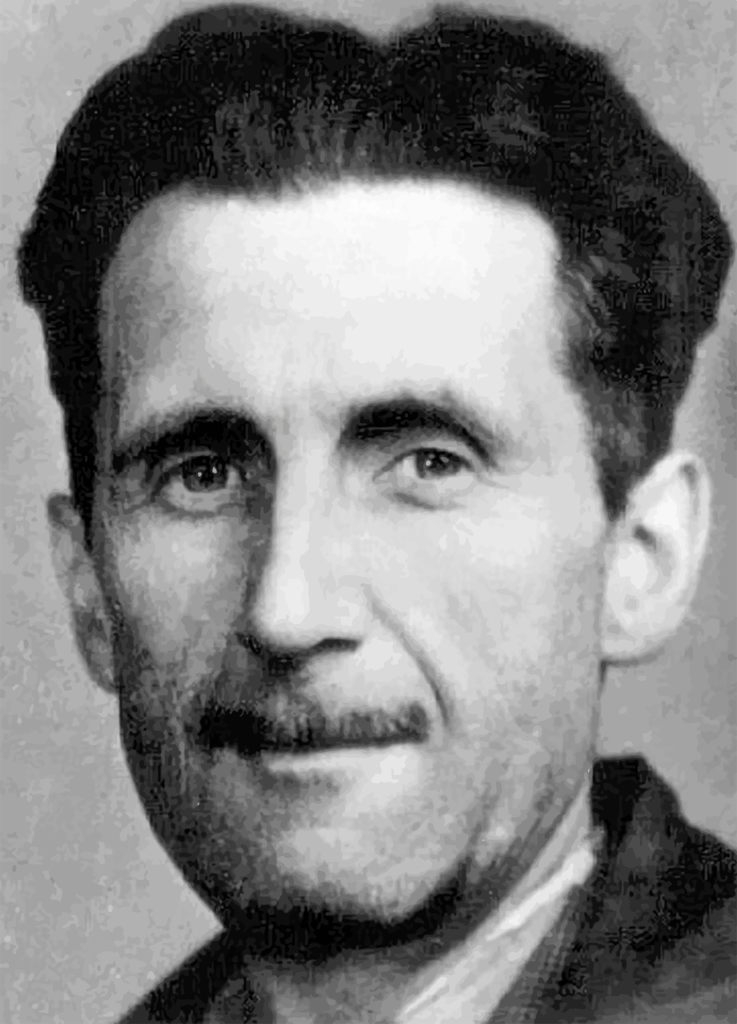‘There is no question about the inequality of wealth in England. It is grosser than in any European country and you only have to look down the nearest street to see it.’ 83 years later, little has changed. Poor housing conditions, little appreciation for the arts and a lethargic attitude to protest, the same problems are creeping back into society. Written during the war as German bombs fell from above, Orwell evocatively describes the English culture and character, with observations that are shockingly relatable to the modern day.
‘The Lion and the Unicorn’ will stir anger in the reader like few can match. The realisation that the same forces that held back the country (chiefly an overindulgence in Capitalism) nearly ninety years ago, are still present today. Orwell intelligently makes the argument that our impulses to Capitalism are entwined in our national character. He observes the English tendency towards ‘fairness’ which transpires towards upholding the law, even if the law is not agreed with.
This has good and bad connotations for society, the good side is that government is stable and there are no mad swings or overthrows of leaders, the bad side is protest is rare and the nation becomes cathartic to change. It is remarkable and depressing that Orwell’s insights are still relevant today.
‘Right through our national life, we have got to fight against privilege, against the notion that a half-witted public schoolboy is better for command than an intelligent mechanic.’ George Orwell, 1941
England only acts in the right way at the very last moment, when it has no choice, using the example of Dunkirk, he explains that collectively, at times of crisis, we pull together but at every other moment we are a nation ‘sleepwalking’.
We choose politicians that reflect the national mood, like Neville Chamberlain, who could be described as sleepwalking while in office. When the mood of the nation changed and action was needed, Churchill came to power. Orwell then forsees the English Socialism that England so badly needed, because as he tells, to survive as a nation after the war, society must look after its own people. Which goes back to Orwells succinct point, England only acts at the very last minute, when it has no other choice.
With each page of this book the revolutionary fervour grows stronger and stronger. It is this clear and concise method of Orwell’s writing that allows the reader to see clearly the issues England’s national character causes for its people. It is a treasure trove of knowledge that inspires urgent social action in the reader. Although some of Orwell’s descriptions of the English have changed, such as having little or no artistic ability, overall there is more similarities with 1940’s Britain as there are differences.
Orwell’s view of the English character is not all negative however, surprisingly he places a strong emphasis on the importance of patriotism. He argues without patriotism Socialism is unlikely to take hold in Britain in any meaningful way, as the Working-classes value it so highly. The parallels of Orwell’s observations to the modern-day Labour Party are striking and worrying, with Jeremy Corbyn failing to recognise this point during his leadership.
Orwell goes to the places others are afraid to go and criticises the central qualities of the English character in a perceptive and honest way. It is this honesty that is so badly lacking in modern-day England.
In the final pages of the book he reveals his vision of English Socialism. It is a four-point plan that is short, easy to read and concise, as he explains, ‘I have deliberately included in it nothing that the simplest person could not understand and see the reason for.’ This is what separates Orwell from other writers, not only is he more interested in appealing to as wide an audience as he possibly can, but he is also practical. With many idealistic writers on the left where they have theory, they lack the practical plan of how to implement their ideas, Orwell however does not hide away from this. It is a relatively short book but there are few others that contain within them as valuable lessons as ‘The Lion and The Unicorn’.
@tylareviews




